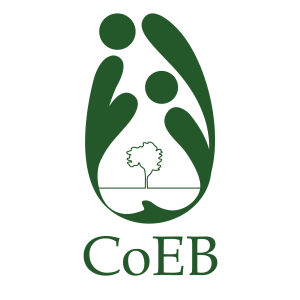Success! Policymakers and Stakeholders Launch the Rwanda Biodiversity Information System (RBIS)
Center of Excellence in Biodiversity and Natural Resource Management, University of Rwanda (2019)
Developing a freshwater biodiversity information system for sustainable development and climate change adaptation in Rwanda
Project Details
Grantee Organization:
Center of Excellence in Biodiversity and Natural Resource Management, University of Rwanda
Grant Amount:
$334,000
Contact:
Elias Bizuru ebizuru 'at sign' gmail.com
Funding Dates:
11/1/2019 - 10/31/2022
Project Links:

